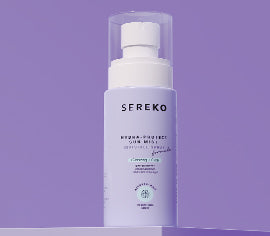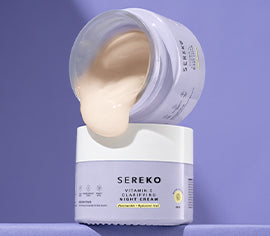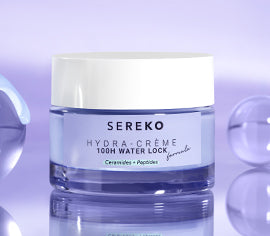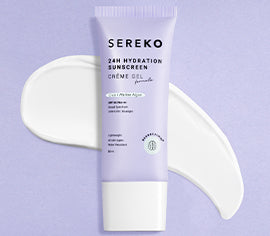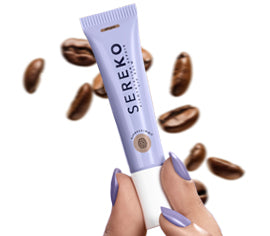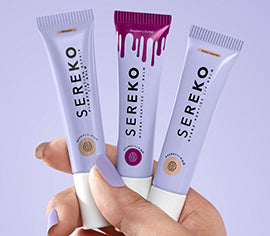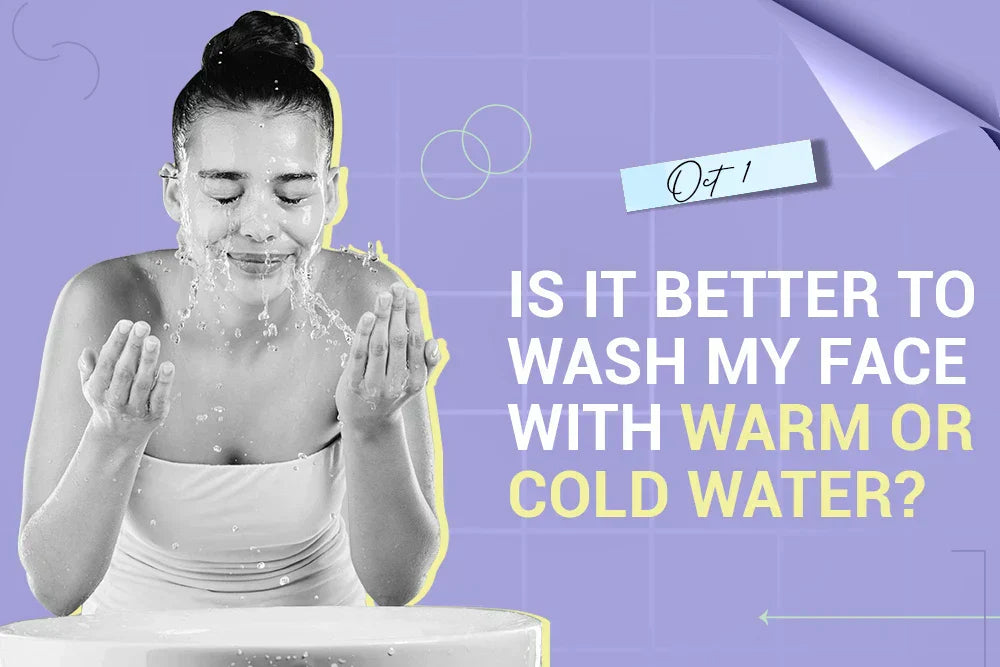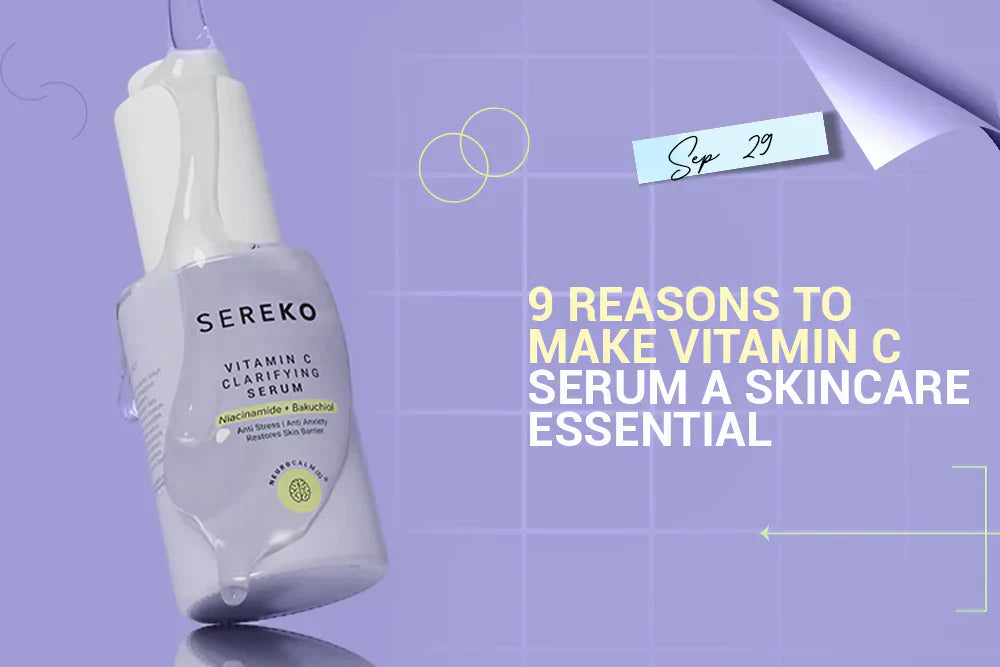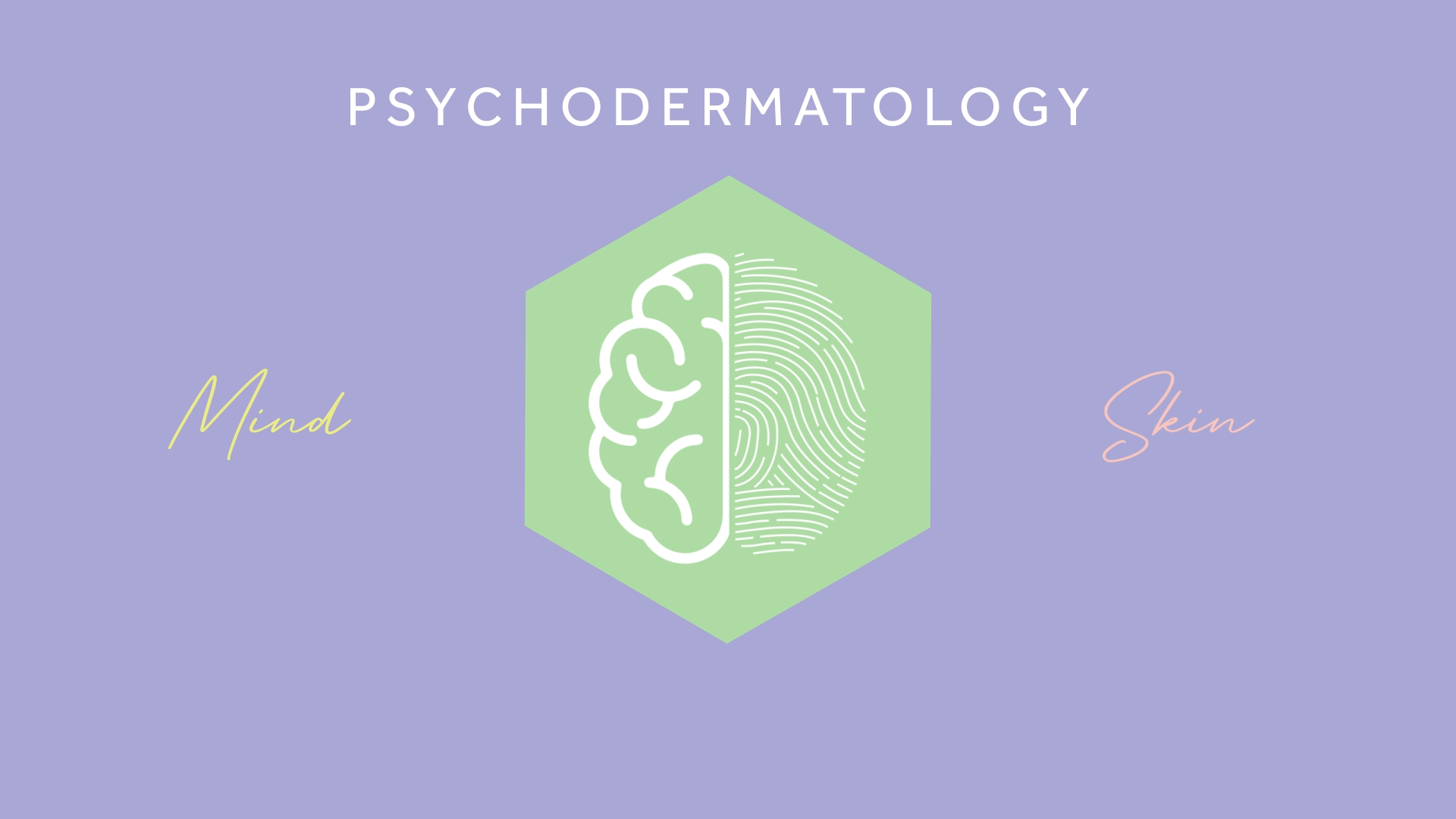The idea of a hot shower is super relaxing, especially after a long day of work - but what is it doing to your skin?
The answer is pretty straightforward: washing your face with hot water might feel good, but it’s actually terrible for skin health. It strips your skin of moisture and its natural protective oils.
Stripping away the skin’s natural oils is a bad idea, even for acne-prone and oily skin, since this can trigger increased oil production. Additionally, washing your face with warm water can aggravate existing skin problems, dry out your skin, and increase irritation and redness.
Less moisture + less protection = compromised skin barrier.
A compromised skin barrier is the result of the protective layer of the skin (called the epidermis) getting damaged, and as a result, the skin has more problems with texture, breakouts, inflammation, and slower skin healing. What’s more interesting is that it takes about an entire year of using barrier-restoring products and being very careful about what you apply to your skin, because it takes the skin barrier a whole year to heal completely. That’s nuts.
The next natural question to ask would be - is it okay to wash my face with lukewarm water?
This is a safer alternative to hot water; it helps your cleanser achieve sufficient foaming action to effectively remove dirt, oil, and other grime. Lukewarm water by our books is a solid 7.5/10.

Why Cold Water?
Unless you’ve seen Bella Hadid’s ice dunk video, you might be shocked to know - washing your face with cold water has some incredible benefits for your skin. It helps reduce inflammation, tightens your skin, and improves blood circulation, making your skin look healthier and more alive.
Especially beneficial for dry and sensitive skin types, cold water can temporarily tighten pores and regulate oil production, preventing further breakouts for acne-prone skin.
Read More: Which is better, Vitamin C or Azelaic Acid?
Can Cold Water Help Reduce Puffy Eyes and Dark Circles?
Washing your face with cold water can help reduce puffiness and dark circles temporarily. It also de-puffs, brightens, and soothes inflammation [that shows up as redness and irritation] by constricting blood vessels. Less blood flow = less discomfort & inflammation. Although this does nothing to address the underlying issue, it does help improve the appearance of these concerns.

Cold Water vs Warm Water - Which is Better?
For AM cleansing, washing your face with cold water is especially recommended. It helps wake you up, de-puff, tighten pores and calm any inflammation. However, for PM cleansing, it’s recommended you use regular temperature or room temperature. Cold water helps tighten the skin, but this can work against you after a long day of dust, pollution, and leftover SPF that need to be washed off; cold water can enable them to clog your pores.
Although it’s not for everyone, if you’re someone who wakes up with puffy or inflamed skin, a cold water morning wash can make a significant difference.
AM Cleansing - Cold water ✅
PM Cleansing - Lukewarm water ✅, Cold water ❌
Cleansing 101
Some tips & tricks to end cleansing confusion:
-
It doesn’t matter what that influencer says; double cleansing isn’t essential for everyone. You don’t have to go in with an oil cleanser and then with a regular cleanser and spend 15 minutes of your night scrubbing your face clean, unless you wear a full face of makeup every single day. A good cleanser that suits your skin type and can wash away dirt, grime and leftover SPF is enough. Extra points if it’s made for your skin type & concern.
-
Check your actives. With skincare becoming a massive industry with hundreds of options and a variety of actives, researching your products and checking ingredient lists is more important than ever. If you have sensitive and reactive skin, you can’t play chemist at home and hope for the best. Skincare demands time, research, and patience. Introduce actives slowly and opt for gentle formulas. Over-exfoliation is not pretty, and that fancy new cleanser with 4 acids might cost you a whole lot more than 500 rupees.
-
Shop for your skin type. A cleanser that’s formulated for acne-prone oily skin won’t work for skin that’s just dehydrated and needs to be cleaned. If you’re someone who has a lot of blackheads, using a basic gentle cleanser won’t work for you because there are no actives to treat your specific skin concern. It’s all part of identifying your skin type, which simplifies your skin needs. Your skin type and concerns are how you will eventually find the perfect product for you.
Read More : Is Vitamin C Face Wash Good for Your Skin?
Choosing the Right Cleanser

The easiest way to find the right cleanser is to define its purpose. If you want your cleanser to do just that, cleanse, opt for a safe dermatologist-recommended option. If you expect a bit more than that from your cleanser or face wash, e.g. you want to fade pigmentation and dark spots, opt for a brightening cleanser with actives that support that function like Vitamin C, Rice Water or AHAs. A product like our Vitamin C Clarifying Cleanser will help even out your complexion and reduce inflammation with consistent use.
Similarly, if your skin is oily and acne-prone, choosing actives like Salicylic Acid, Glycolic Acid and Benzoyl Peroxide can help control oil production. Which acne and oily skin treatments, it’s necessary to check the concentration of acids present in products to make sure you don’t irritate your skin with a treatment that’s too strong.
Dermatologists recommend starting with small concentrations and then gradually increasing strength if required. Our Pore-Clearing Wash was created for oily and acne-prone skin, which often suffers from oiliness and blackheads. It’s formulated with 1% salicylic acid and 2% glycolic acid, effective concentrations for acne, excess oil and dissolving blackheads, without causing any harm to the skin barrier.


